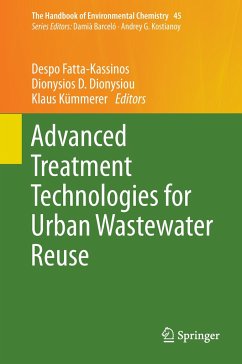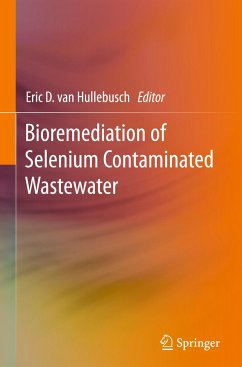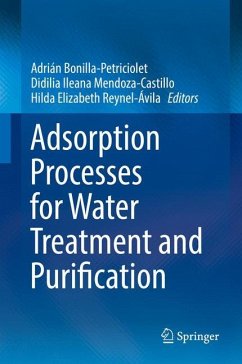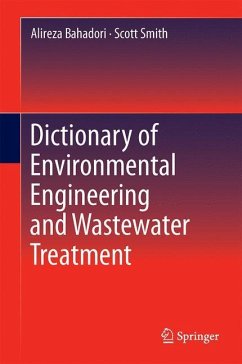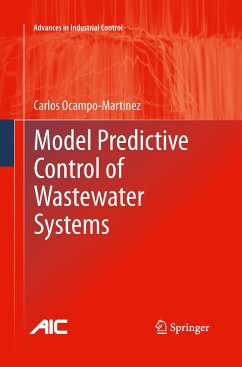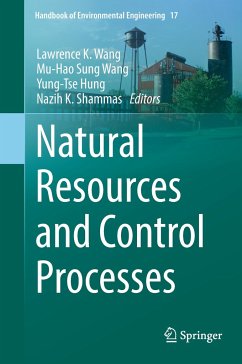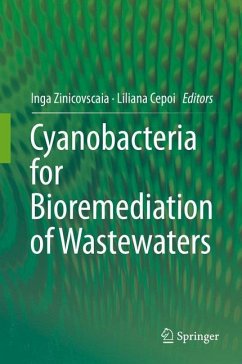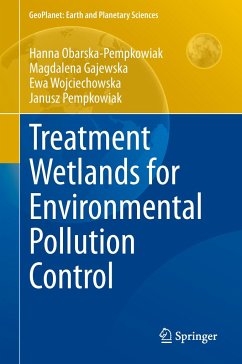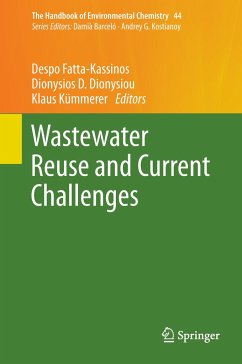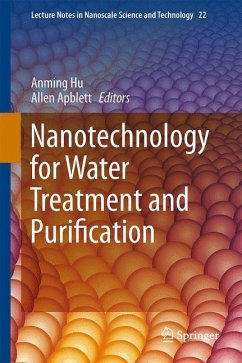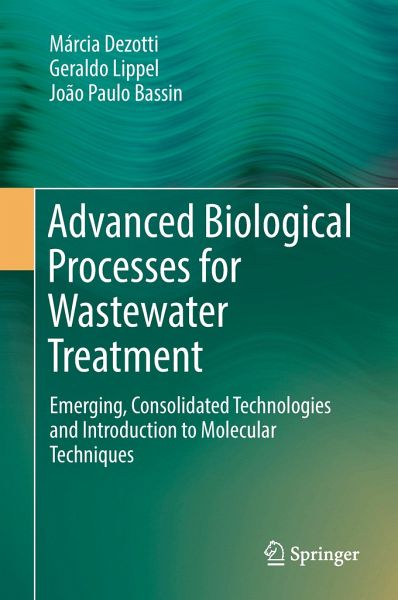
Advanced Biological Processes for Wastewater Treatment
Emerging, Consolidated Technologies and Introduction to Molecular Techniques
Versandkostenfrei!
Versandfertig in 6-10 Tagen
106,99 €
inkl. MwSt.
Weitere Ausgaben:

PAYBACK Punkte
53 °P sammeln!
This book presents recent developments in advanced biological treatment technologies that are attracting increasing attention or that have a high potential for large-scale application in the near future. It also explores the fundamental principles as well as the applicability of the engineered bioreactors in detail.It describes two of the emerging technologies: membrane bioreactors (MBR) and moving bed biofilm reactors (MBBR), both of which are finding increasing application worldwide thanks to their compactness and high efficiency. It also includes a chapter dedicated to aerobic granular slud...
This book presents recent developments in advanced biological treatment technologies that are attracting increasing attention or that have a high potential for large-scale application in the near future. It also explores the fundamental principles as well as the applicability of the engineered bioreactors in detail.
It describes two of the emerging technologies: membrane bioreactors (MBR) and moving bed biofilm reactors (MBBR), both of which are finding increasing application worldwide thanks to their compactness and high efficiency. It also includes a chapter dedicated to aerobic granular sludge (AGS) technology, and discusses the main features and applications of this promising process, which can simultaneously remove organic matter, nitrogen and phosphorus and is considered a breakthrough in biological wastewater treatment.
Given the importance of removing nitrogen compounds from wastewater, the latest advances in this area, including new processes fornitrogen removal (e.g. Anammox), are also reviewed.
Developments in molecular biology techniques over the last twenty years provide insights into the complex microbial diversity found in biological treatment systems. The final chapter discusses these techniques in detail and presents the state-of-the-art in this field and the opportunities these techniques offer to improve process performance.
It describes two of the emerging technologies: membrane bioreactors (MBR) and moving bed biofilm reactors (MBBR), both of which are finding increasing application worldwide thanks to their compactness and high efficiency. It also includes a chapter dedicated to aerobic granular sludge (AGS) technology, and discusses the main features and applications of this promising process, which can simultaneously remove organic matter, nitrogen and phosphorus and is considered a breakthrough in biological wastewater treatment.
Given the importance of removing nitrogen compounds from wastewater, the latest advances in this area, including new processes fornitrogen removal (e.g. Anammox), are also reviewed.
Developments in molecular biology techniques over the last twenty years provide insights into the complex microbial diversity found in biological treatment systems. The final chapter discusses these techniques in detail and presents the state-of-the-art in this field and the opportunities these techniques offer to improve process performance.





